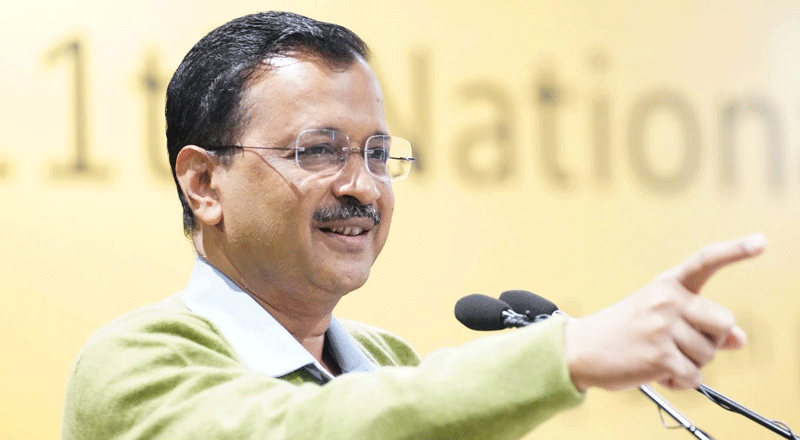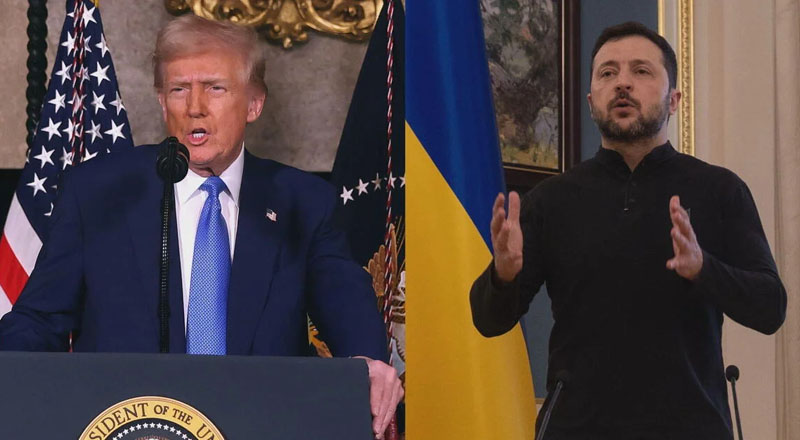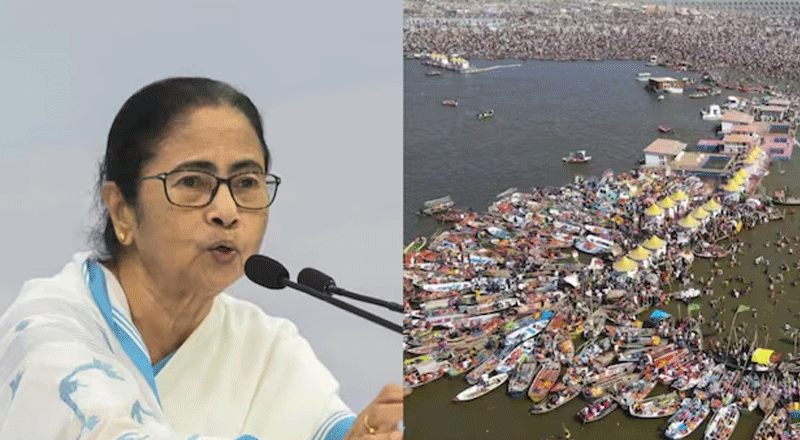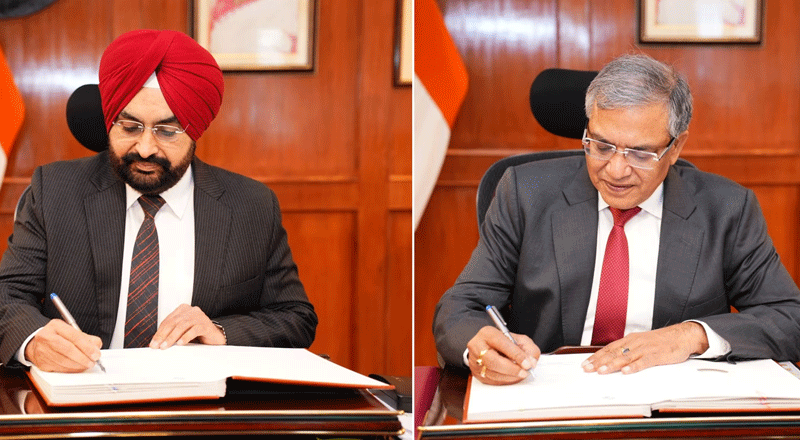The real-time source apportionment project, which is aimed at identifying the sources of Delhi’s pollution on a real-time basis, was reviewed by Chief Minister Arvind Kejriwal.
Delhi Chief Minister Arvind Kejriwal on Friday reviewed the progress of the ‘Real-time Source Apportionment Project’, which is aimed at identifying the sources of Delhi’s pollution on a real-time basis.
The project has been undertaken by the Delhi Pollution Control Committee (DPCC) in collaboration with the Indian Institute of Kanpur (IIT-K), Indian Institute of Delhi (IIT-D) and TERI.
The project was approved by the Cabinet in October 2021 and was set up in November 2022.
The Real-time Source Apportionment Study consists of a supersite with state-of-the-art air analysers and a mobile air quality monitoring system, which will measure the level of various substances in the air.
Talking about the study, the CM stated, “Identification of sources of air pollution on a real-time basis has started in Delhi. The government and IIT Kanpur’s real-time source apportionment study are helping Delhi with pollution-related data in a proactive manner.”
“We have ordered officials to immediately take action to reduce pollution based on the study’s findings. The Delhi Government will place the analysis before CAQM so the Centre can also act upon the problem,” the CM added.
The meeting was also attended by Environment Minister Gopal Rai, Advisor to Environment Minister Reena Gupta, officers from the environment department and DPCC.
The team from IIT Kanpur, which was also present at the meeting, informed that the secondary inorganic aerosols which travel long distances contribute to a large proportion of the air pollution mix, and biomass burning (wood, stubble etc.), vehicular emissions and dust (road and construction) have been the other major sources of PM2.5 in the last one month.
The team showed hourly data on the sources of pollution in recent days and the direction from which external pollution may have reached Delhi.
Arvind Kejriwal immediately instructed the environment department and Delhi Pollution Control Committee to start taking action to identify sources and locations of pollution and take all required steps to control pollution.
MORE DETAILED ANALYSIS
The chief minister also suggested that the IIT Kanpur team attempt to provide a more detailed analysis of the real-time sources, such as the type of vehicles causing pollution at different times and specific areas where biomass, including garbage, is being burnt, to help the government address the sources.
“Addressing air quality in Delhi is a combined effort from multiple stakeholders. A state-of-the-art project that we conceptualised almost two years back has now started giving us rich data on a real-time basis,” said the Delhi chief minister.
I have asked Delhi Government officials to take actions based on the study’s findings immediately, as well as to share the analysis with the Commission for Air Quality Management (CAQM) for action by the Government of India,” added Delhi Chief Minister Arvind Kejriwal.
REAL-TIME SOURCE APPORTIONMENT STUDY
The Real-time Source Apportionment Study consists of a supersite with state-of-the-art air analysers and a mobile air quality monitoring system, which will measure the level of various substances in the air in Delhi.
The project includes identifying various sources of PM2.5 on a real-time hourly basis, a 3-day hourly forecast of total PM2.5, and different sources of PM2.5.





